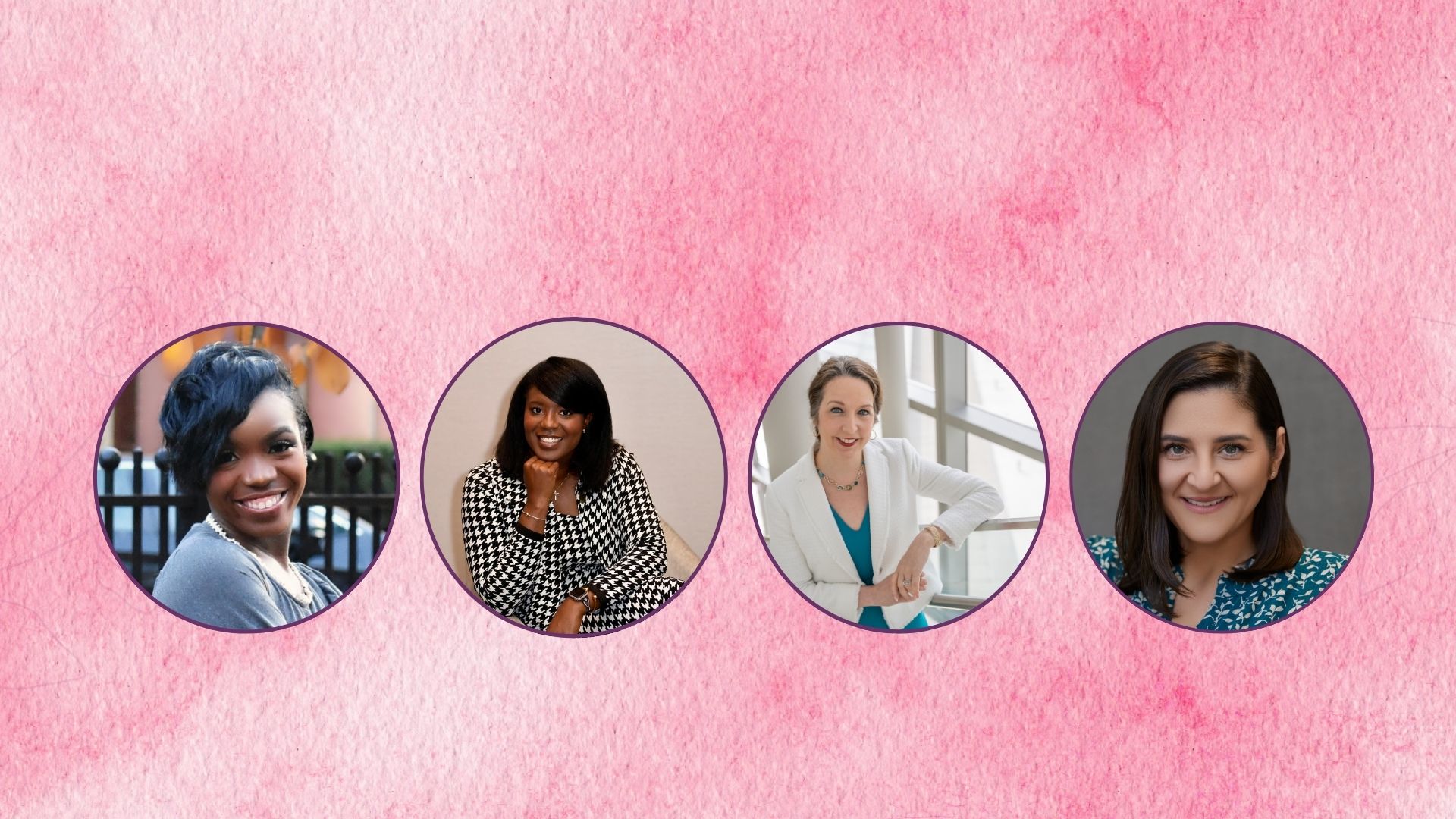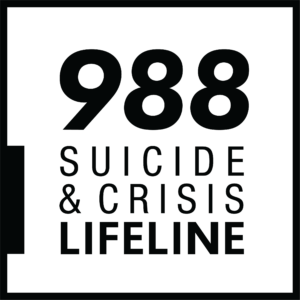“If thought corrupts language, language can also corrupt thought.”
-George Orwell
What you say and how you say it matters. We have a choice in the words we use and the information we share. We thought we could take some time to debunk common myths about how mental health and suicide are often talked about.
Myth: Talking about suicide is going to plant the idea in someone’s head.
By talking to someone about suicide, you may reduce rather than increase suicidal ideation. Talking can create a safe space for someone to open up about how they are feeling and is often the first step to getting help.
Myth: Using words like “crazy”, “psycho”, or “insane” can’t hurt someone.
Words have power. Using words, even in jest, that have been negatively affiliated with mental health can carry negative weight when used in other contexts. These words contribute to harmful stereotypes, undermine the experience of someone who struggles with mental health conditions, and makes it harder to break the stigma and empower people to talk about their mental health struggles.
Myth: Struggling with mental health is a sign of weakness
Struggling with mental health isn’t an indication of someone’s strengths or weaknesses. If anything, someone reaching out for help when they are struggling requires strength and courage. We do not want to say that someone is “weak” for breaking their arm, and the same applies for someone struggling with mental health.
Myth: Suicidal ideation comes from the desire to die
Suicidal ideation, more often than not, stems from a desire for the pain to end rather than the desire to die. Suicide is often described as a point at which pain exceeds an individual’s ability to cope. And a way for that pain to end is for their life to end. So, describing suicide as “wanting to die” is not synonymous.
We hope that by debunking some of these myths, you will feel more confident about talking about mental health. Help to break the stigma of suicide and mental illness. Ask the people in your life how they are doing. And remember that just listening can sometimes make all the difference.









